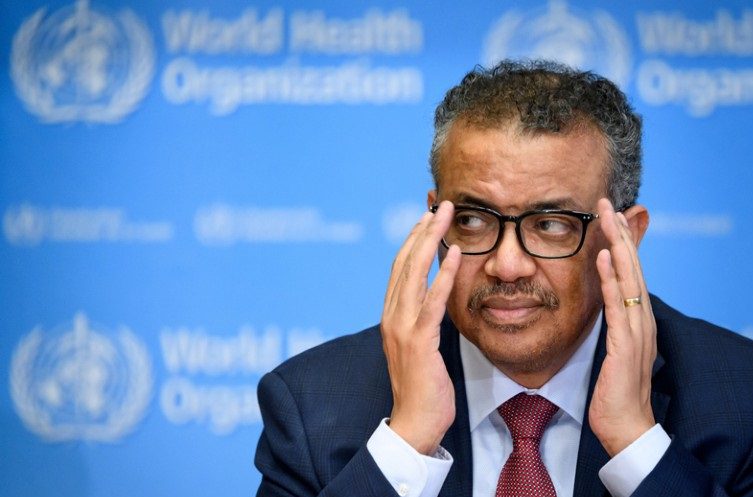One in six adults are affected by infertility, according to a report by the World Health Organization (WHO).
The UN agency has published its first global estimate on the issue in over a decade, stating that the proportion of people affected showed the need to widen access to fertility treatments.
According to The Mail Online:
Yet the team admitted they were unable to definitively say that infertility rates had risen over the past decade.
This is despite gloomy warnings that spiralling obesity and ageing populations are ‘threatening mankind’s survival’.
By region, the Eastern Mediterranean, an area which includes the Middle East and North Africa, had the lowest global infertility rate of just 10.7 per cent.
This meant that only about one in 10 men and women would struggle with fertility at some point in their lives.
Infertility was defined as not being to become pregnant after 12 months of regular unprotected sex.
The highest infertility rate of 23.2 per cent, nearly a quarter of the population, was recorded in the Western Pacific. This area includes China and Japan, as well as the likes of Australia and New Zealand.
In Europe, which includes the UK, the infertility rate was 16.5 per cent, about one in six.
And in the Americas, a region which includes the US, the figure stood at around 20 per cent, one in five.
Overall, the WHO said the global average rate was 17.5 per cent.
It doesn’t mean these people would never be able to have children — with couples impacted by infertility capable of using techniques like IVF to get pregnant.
However, the WHO noted that access to fertility treatments is expensive. It means it is unattainable in parts of the world…
Known causes of infertility include genetic issues, health conditions or hormonal problems or exposure to some treatments, such as chemotherapy.
But in about a quarter of cases no cause for infertility can be found, according to the NHS.
Some studies have also pointed to a rise in obesity and exposure to chemicals and pollution as another possibly factor.
The NHS estimates of infertility set out that one in seven couples will struggle to have a baby after trying for 12 months.
In the US, infertility affects one in five women trying for a baby, according to the Center for Disease Control.
Treatment for infertility varies by the cause of the problem, with surgery an option of if there is a physical problem.
Fertility treatments, such as IVF, can be used if there is an issue with sperm or egg quality.
However, eligibility for IVF on the NHS is made on a case-by-cases bases, with local health service boards having the final say. And waiting times can be long.
Brits can also pay privately for IVF but these can be expensive, running up to £5,000 a cycle.

